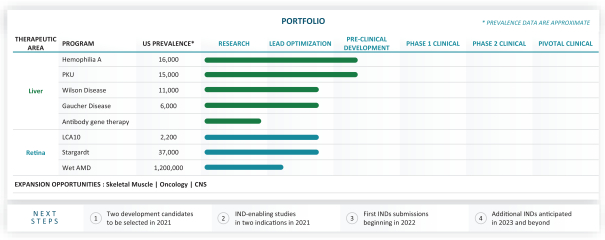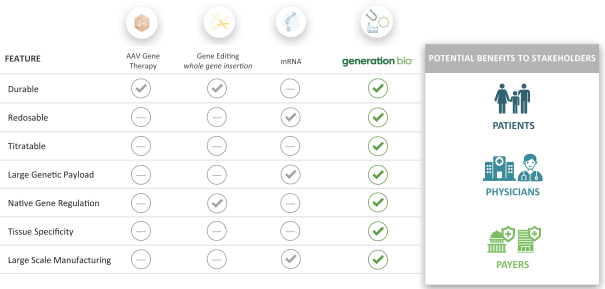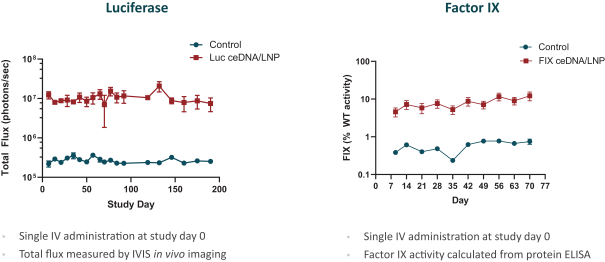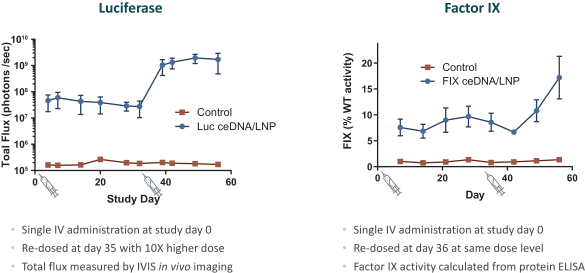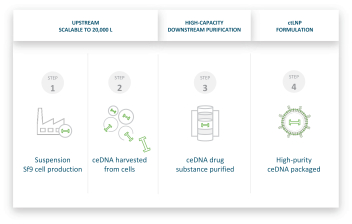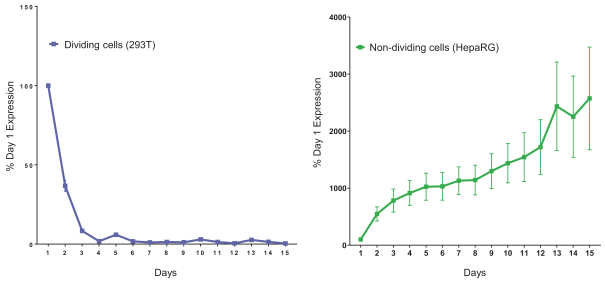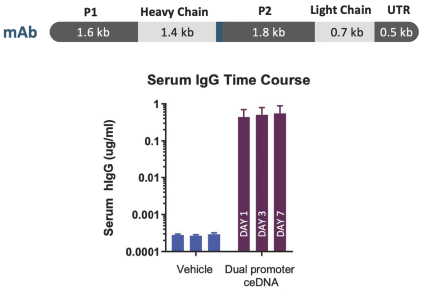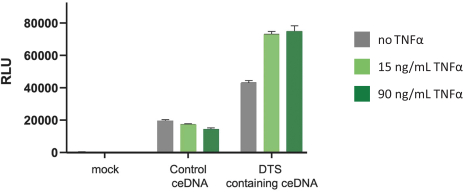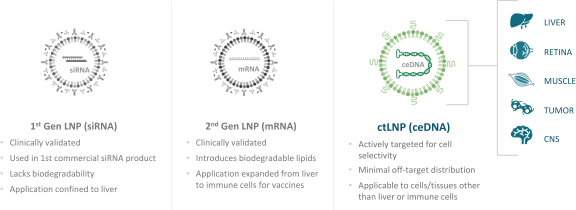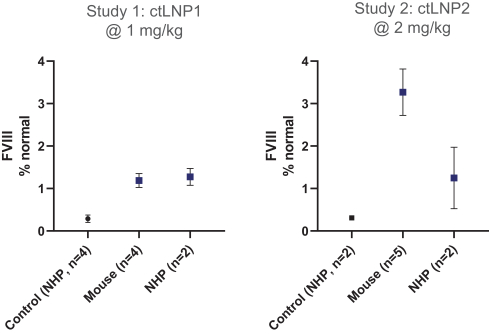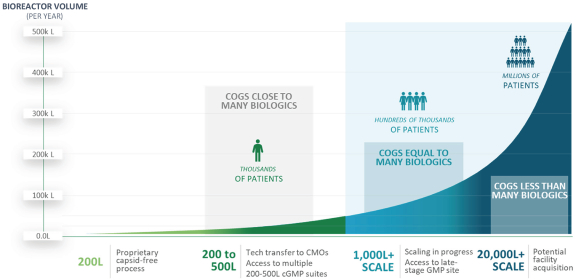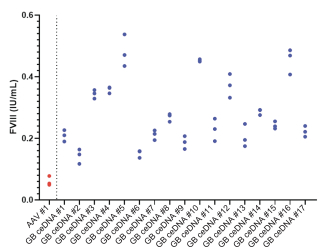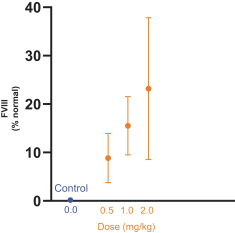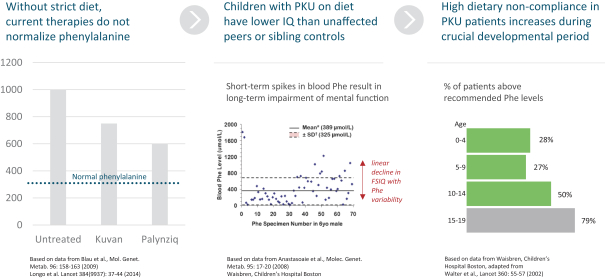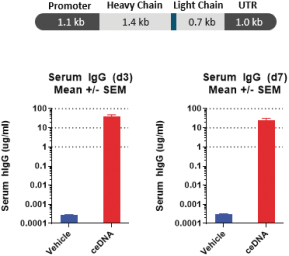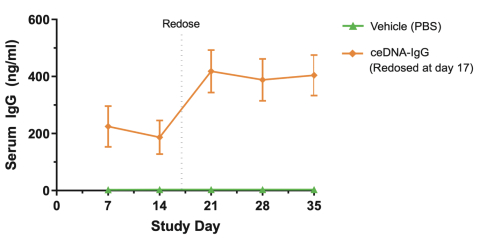such third parties and we may have to expend significant resources to mitigate the impact of such an event, and to develop and implement protections to prevent future events of this nature from occurring. If we do not allocate and effectively manage the resources necessary to build and sustain the proper technology and cybersecurity infrastructure, we could suffer significant business disruption, including transaction errors, supply chain or manufacturing interruptions, processing inefficiencies, data loss or the loss of or damage to intellectual property or other proprietary information.
To the extent that any disruption or security breach were to result in a loss of, or damage to, our or our third-party vendors’, collaborators’ or other contractors’ or consultants’ data or applications, or inappropriate disclosure of confidential or proprietary information, we could incur liability including litigation exposure, penalties and fines, we could become the subject of regulatory action or investigation based primarily on the laws and regulations discussed above in the privacy discussion, our competitive position and reputation could be harmed and the further development and commercialization of our product candidates could be delayed. Furthermore, any such event that leads to unauthorized access, use, or disclosure of personal information, including personal information regarding our customers or employees, could harm our reputation, compel us to comply with federal and/or state breach notification laws and foreign law equivalents, subject us to mandatory corrective action, and otherwise subject us to liability under laws and regulations that protect the privacy and security of personal information, which could result in significant legal and financial exposure and reputational damages. Any of the above could have a material adverse effect on our business, financial condition, results of operations or prospects.
Our operations or those of the third parties upon whom we depend might be affected by the occurrence of a natural disaster, pandemic or other catastrophic event.
We depend on our employees, consultants, CDMOs, CLROs, as well as regulatory agencies and other parties, for the continued operation of our business. While we maintain disaster recovery plans, they might not adequately protect us. Despite any precautions we take for natural disasters or other catastrophic events, these events, including terrorist attack, pandemics, hurricanes, fire, floods and ice and snowstorms, could result in significant disruptions to our research and development, preclinical studies, clinical trials, and, ultimately, commercialization of our products. Long-term disruptions in the infrastructure caused by events, such as natural disasters, the outbreak of war, the escalation of hostilities and acts of terrorism or other ‘‘acts of God,’’ particularly involving cities in which we have offices, manufacturing or clinical trial sites, could adversely affect our businesses. Although we carry business interruption insurance policies and typically have provisions in our contracts that protect us in certain events, our coverage might not respond or be adequate to compensate us for all losses that may occur. Any natural disaster or catastrophic event affecting us, our CDMOs, our CLROs, regulatory agencies or other parties with which we are engaged could have a significant negative impact on our operations and financial performance.
Risks related to ownership of our common stock and our status as a public company
We do not know whether a market will continue to develop or be sustained for our common stock, and, as a result, it may be difficult for our stockholders to sell their shares of our common stock.
Although our common stock is listed on the Nasdaq Global Select Market, an active trading market for our shares may not continue to develop or be sustained. As a result, it may be difficult for our stockholders to sell their shares without depressing the market price for the shares or at all.
The price of our common stock is volatile and fluctuates substantially, which could result in substantial losses for purchasers of our common stock.
Our stock price has been, and is likely to continue to be, volatile and could be subject to wide fluctuations in response to various factors, some of which are beyond our control. The stock market in general and the market for smaller biopharmaceutical companies in particular have experienced extreme volatility that has often been unrelated to the operating performance of particular companies. As a result of this volatility, our stockholders
131

